Speakers 2019
We are honored to have guest speakers that represent top authorities in their fields for the 2019 themes: Software Engineering, AI/Machine learning, RF technologies and Energy Efficiency.
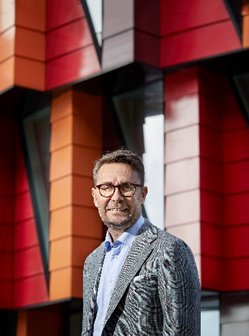
Prof. Robert Feldt
Chalmers
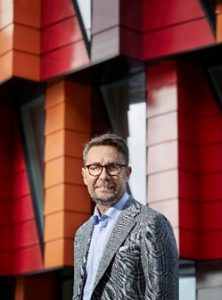
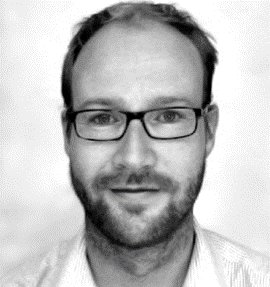
Prof. Klaas Jan Stol

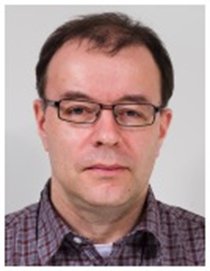
Prof. Johan Lilius
Run-time energy- and performance management of software on heterogeneous architectures (SW Engineering)
Click here for abstract
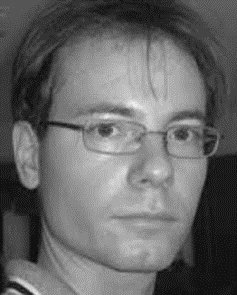
Prof. Joachim Oberhammer
Silicon-micromachining enabling high-performance sub-THz communication links for 5G radio access networks (RF Technologies)
Click here for abstract
He is author and co-author of more than 100 reviewed research papers and holds 4 patents. In 2004, 2007, and 2008 he got an award by the Ericsson Research Foundation, a grant by the Swedish Innovation Bridge, and a scholarship by the Japanese Society for the Promotion of Science, respectively. The research work he is heading received six Best Paper Awards (five of which at IEEE conferences), and four IEEE Graduate Fellowship Awards (by MTT-S and by AP-S) since 2009. He served as TPRC member of IEEE Transducers (2009, 2015, 2019), IEEE International Microwave Symposiums (2010-2018), IEEE Micro Electro Mechanical Systems (2011, 2012), IEEE Radio and Wireless Week (2015, 2016), EuMCE (2019). Dr Oberhammer is Steering Group member of the IEEE MTT-S and AP-S Chapers Sweden since 2009. In 2013, he received an ERC Consolidator Grant by the European Research Council. Steering Group Member of the Young Academy of Sweden 2014-2016. Representative of Sweden/Norway/Iceland in the European Microwave Association 2016-2018. Associate Editor of IEEE Transactions on Terahertz Science and Technology since 2018.
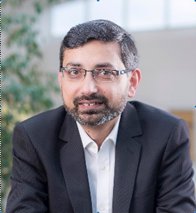
Prof. Muhammad Ali Imran
Proactive Cellular Systems for Energy Efficient Operation (Energy Efficiency)
Click here for abstract
He has led a number of multimillion-funded international research projects encompassing the areas of energy efficiency, fundamental performance limits, sensor networks and self-organising cellular networks. He also led the new physical layer work area for 5G innovation centre at Surrey. He has a global collaborative research network spanning both academia and key industrial players in the field of wireless communications. He has supervised 40+ successful PhD graduates and published over 400 peer-reviewed research papers including more than 40 IEEE Transaction papers. He secured first rank in his B.Sc. and a distinction in his M.Sc. degree along with an award of excellence in recognition of his academic achievements conferred by the President of Pakistan. He has been awarded IEEE Comsoc’s Fred Ellersick award 2014, FEPS Learning and Teaching award 2014, Sentinel of Science Award 2016, and twice nominated for Tony Jean’s Inspirational Teaching award. He is a shortlisted finalist for The Wharton-QS Stars Awards 2014 for innovative teaching and VC’s learning and teaching award in University of Surrey. He is a Fellow of IET, a senior member of IEEE and a Senior Fellow of Higher Education Academy (SFHEA), UK.
He has given an invited TEDx talk (2015) and more than 10 plenary talks, several tutorials and seminars in international conferences, events and other institutions. He has taught on international short courses in USA and China. He is the co-founder of IEEE Workshop BackNets 2015 and chaired several tracks/workshops of international conferences. He is an associate Editor for IEEE Transactions on Communications and IEEE Open Access. He has previously served as associate editor for IEEE Communications Letters and IET Communications Journal and has served as guest editor for many prestigious international journals.
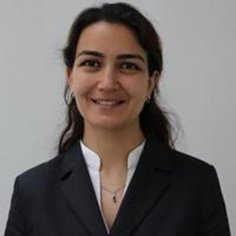
Dr. Cicek Cavdar
KTH
AI4Green: Artificial Intelligence for Green Mobile Networks (Energy Efficiency)
Click here for abstract
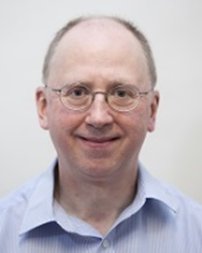
Prof. Timothy O’Farrell
University of Sheffield
EE metric framework applied for designing ultra-dense small cell RANs (Energy Efficiency)
Click here for abstract
My research is focused on wireless communications systems specialising in physical layer signal processing, radio resource management and wireless network planning. I have pioneered research on energy efficient mobile cellular communications, the mathematical modelling of CSMA based MAC protocols for WiFi, iterative block coding for wireless communication systems and spreading sequence design for CDMA wireless communications.
I was an entrepreneur, being the cofounder and CTO of Supergold Communication Limited (1997-2007), a start-up that participated in the standardisation of IEEE 802.11g with the M-ary Bi-Code Keying proposal. In the framework of Mobile VCE, I was the Academic Coordinator of the Core 5 Green Radio project (2009-2012) and a leader in establishing energy efficiency as a global research field in wireless communications systems.
I have led 22 major research projects as the principal investigator and participated in 2 as a coinvestigator with a total research spend of approximately £12M. My current EPSRC project portfolio includes the DDmmMaMi, FARAD and SERAN projects as well as CommNet2. I have published 315 journal & conference papers, book chapters, patents and technical reports; graduated 24 Ph.D. and M.Phil. students; and participated in standards, consultancy and expert witness activities within the wireless sector.
Currently, I am leading the UK Research Strategy Community Organisation in Communications, Mobile Computing and Networking within the EPSRC portfolio (www.commnet.ac.uk). I am also a Director of the mVCE (www.mobilevce.com), a Chartered Engineer IET member and Senior IEEE member.
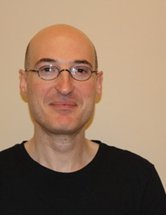
Prof. Tijani Chahed
SudParis

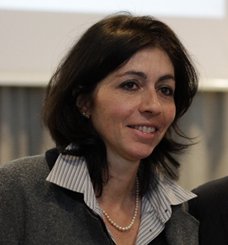
Prof. Michela Meo
Politecnico di Torino

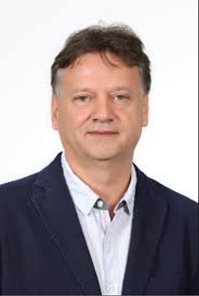
Prof. Mihai Sanduleanu
Masdar Institute of Science and Technology
Digital Outphasing Exponential Modulation: A constant Amplitude Modulation for High Efficiency/Linearity, Switched mode PA (RF Technologies)
Click here for abstract
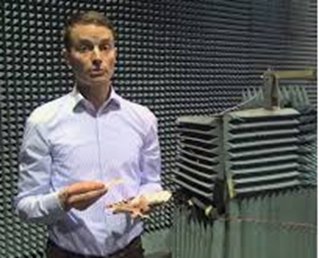
Prof. Ville Viikari
Beam-steerable millimeter-wave antennas for mobile base stations (RF Technologies)
Click here for abstract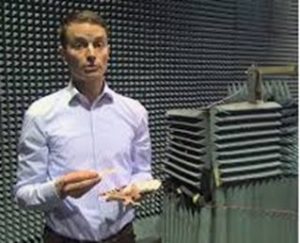
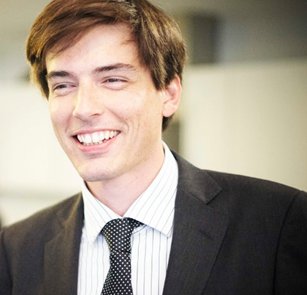
Prof. Dragos Dancila
A 60 GHz beam-steering solution with compact and broadband phased-array antenna (RF Technologies)
Click here for abstract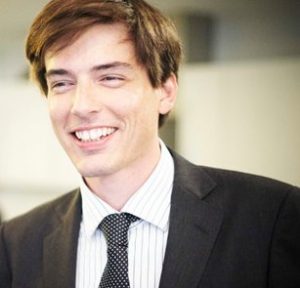
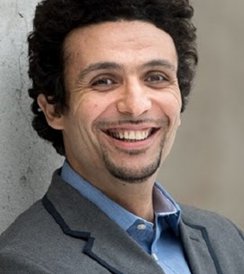
Prof. Mehdi Bennis
Distributed Learning for Ultra-Reliable Low-Latency Communications (AI/Machine Learning)
Click here for abstract
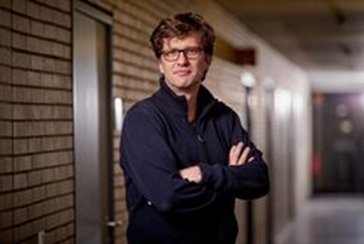
Prof. Slawomir Stanczak
Towards Robust Machine Learning in 5G Radio Access Networks (AI/Machine Learning)
Click here for abstract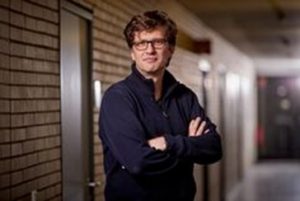
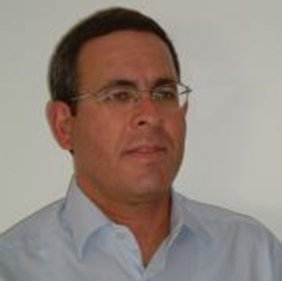
Prof. Yair Be'ery
Tel Aviv University

His research interests include digital communications, error control coding, iterative decoding, deep learning methods for decoding, combined coding and modulation, VLSI architectures, and algorithms for systolic and multicore arrays.
